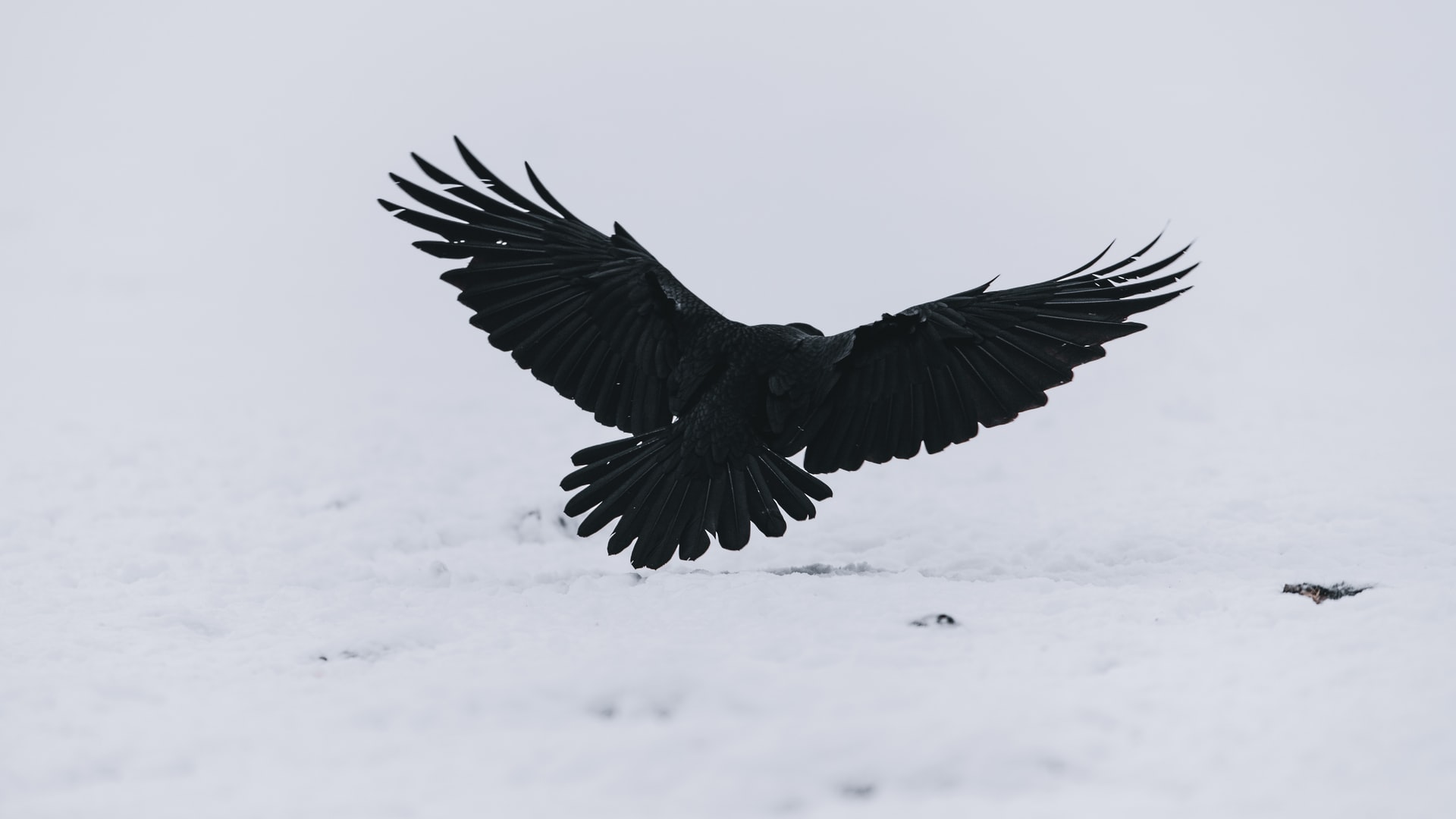by Nicole Yurcaba

What first attracted me to Steve Von Till’s collection Harvestman is the fact that Von Till is the guitarist and co-vocalist for the genre-defying metal band Neurosis (whose 2004 album The Eye of the Storm, and even more specifically the track “Burn,” I highly recommend). As someone who has been part of the metal and goth scene since her teens, I was delighted to see yet another metal musician turning to verse as an alternate means of expression (i.e. Rammstein’s Till Lindemann turned light, humorous verse into an irreverent upside-down cross with his collection On Quiet Nights). So often outsiders of the scene fail to realize the poetic nature of metal lyrics, and not only does Von Till’s collection invite readers into small snippets of his talent as a masterful lyricist, but it also allows readers a brief glimpse of the natural and philosophical world few poets, let alone outside observer can access.
Readers will be immediately impressed by how much Von Till carefully packs into brief poems often composed of very lines and stanzas. Opening the collection is “I,” which opens with the quietly beautiful lines “We have the sea / And we will always have the sky.” However, the poem’s speaker creates a scene in which the sea, the sky, and the darkness are not only necessary to, but inseparable from, who we are: “And in the absolute absence of stars / A darkness of depths / Illuminates who we are.” This embrace of acknowledging the darkness we carry within us continues in “II,” a powerful poem of ten lines in which landscape and mindscape combine. Readers enter “pastures of delusion,” and they hang from “that sheer and craggy cliff / That towers high above reason.” The speaker acknowledges that as humans, we carry “a skull full of stars / And a moon full of hearts,” beautiful images that sweep readers inward, so that they can again acknowledge the darkness they carry and embrace it as “the headwaters of ourselves.”
Part of Harvestman’s power lies in its ability to address not only inherent and internal darkness without being cliche, but to also address death as the one experience everyone shares. Death, like darkness, is something that, at the philosophical level, we must recognize as part of our existence. In “IV,” the speaker reminds readers “It is written on one’s skin / That death often precedes the execution,” that it can be “So cruel and yet so beautiful.” Nonetheless, the poem’s most beautiful psychological twist comes in the final two lines: “When stars are uncrossed and wise words echo / You recognize the madman in yourself.” Here, the speaker reminds readers of the few chances one receives to truly understand themselves, their purpose, and that often what one sees is not what one envisioned. This reminder of life’s brevity reappears in “XXIII,” a nine-line poem relying on stanzas of three lines each that form a trinity where “Damnation awaits” with “silent waves.” The speaker makes a profound declaration: “We are only visitors here borrowing wasted time.” This concept of living on wasted time might shock readers, and that shock comes from the recognition that perhaps, when one considers the materialism and consumerism permeating society at every level, the speaker is not so wrong.
Tucked toward the collection’s end are various lyrics from a small sampling of Von Till’s solo albums. One stand-out sample in particular is “To the Field,” a moving poem lyrically reminiscent of Solstafir’s epic song “Dagmál,” (“Third Hour”) from their album Otta. Quiet, yet bold, the poem fuses keen observation with astute self-awareness: “When the leaves fall to the field, / I’ll know the wrong from yesterday.” The poem relies on the day’s transition into night to transform the personal experience into a universal one: “Sky turns sustaining night. / We all watch the frost from the withered vines.” With this turn, comes a Blake-like shift to innocence that takes readers by surprise: “On my sustaining life / I will be as yew, with the grain.” Nonetheless, the most beautiful is yet to come for readers. In the second stanza, the natural imagery utilizes the sea, where “tides wash in to inspire.” The poem’s fusion of pastoral images with oceanic images creates the sense that to understand one area of existence, an individual must understand the others, because everything is interconnected.
This theme of interconnectedness segues into the collection’s final few poems. “In Your Wings” is a musical journey into the spaces where humanity and the natural world meet and briefly hold hands. Readers stand at a figurative edge where “Coyotes call in a dark wood” and the speaker admits “I could have sworn they called my name.” The coyotes’ call act as the catalyst for the speaker’s self-reflection: “Their cries bring one to knowing / That either way it’s all the same, all the same.” Beckoned by not only the coyotes but perhaps also the futility of their recognition, the speaker moves forward, deeper into the darkness. The poem’s intrigue lies in its third stanza:
All my life, all I’ve known
The raven’s call has always shown
In your wings, in your light
In your dark all is right.
For the speaker, the night transforms into a sanctuary, a place not to be feared. This challenges the stereotypical associations of night stemming from America’s Puritan influences, which associated night with evil, witchcraft, and lack of civilization. By the poem’s conclusion, the speaker finds absolute safety in the dark wilderness:
Heather mounds will shelter me
The horse’s heads will look away
The green king three times asks me
What are you seeking?
My way home.
My way home.
The repetition of the phrase “My way home” leaves readers questioning whether or not the speaker is sincere, since they seem at peace in the darkness, in the wilderness, and nature seems to be the one place the speaker finds respite. The message, perhaps, is not so difficult to understand, nonetheless: the journey to self-awareness is a continuing, ever-evolving path.
The poems in Steve Von Till’s Harvestman are beautifully carved runestones, each standing individually, offering observers a message and guided path unique to them, their experiences, their interpretations. On a more personal note, I appreciated the collection as a contribution to an often misunderstood and heavily stereotyped genre. Haunting, riveting, and in its own way Romantic, Harvestman guides readers into the depths of their own inner Styx. With its reliance on nature and the futility of human existence, the collection is sure to appeal to readers looking to take a peek into the darker side of night.
Nicole Yurcaba (Ukrainian: Нікола Юрцаба) is a Ukrainian-American poet and essayist. Her poems and essays have appeared in The Atlanta Review, The Lindenwood Review, Whiskey Island, Raven Chronicles, Appalachian Heritage, North of Oxford, and many other online and print journals. Nicole holds an MFA in Writing from Lindenwood University, is the recipient of a July 2020 Writing Residency at Gullkistan, Creative Center for the Arts in Iceland, and is a Tupelo Press June 2020 30 for 30 featured poet. Her poetry collection Triskaidekaphobia is forthcoming Black Spring Group in 2022. She teaches poetry workshops for Southern New Hampshire University and works as a career counselor for Blue Ridge Community College.



Add your first comment to this post